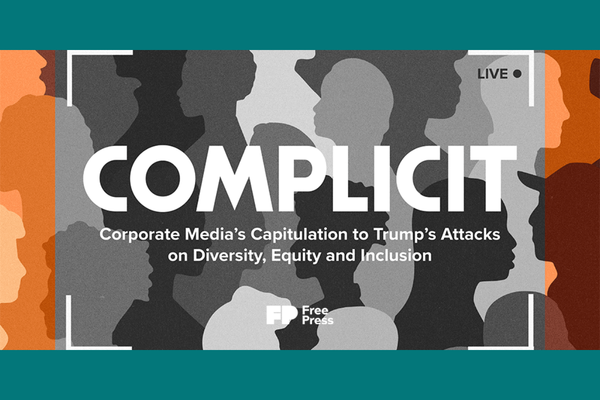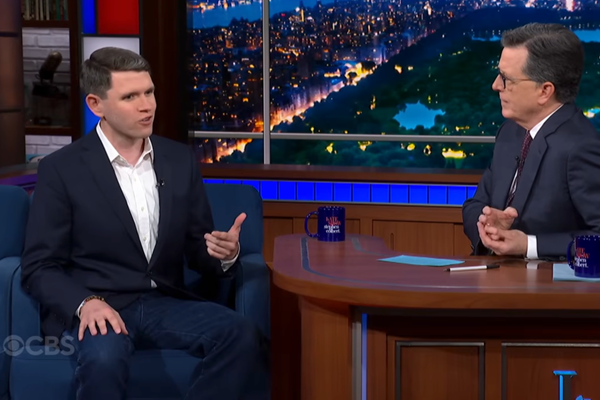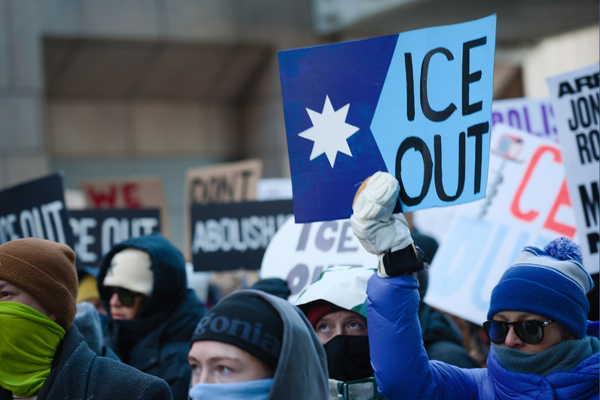Another Carr Wreck
How the current FCC chairman is ignoring the truth about free speech
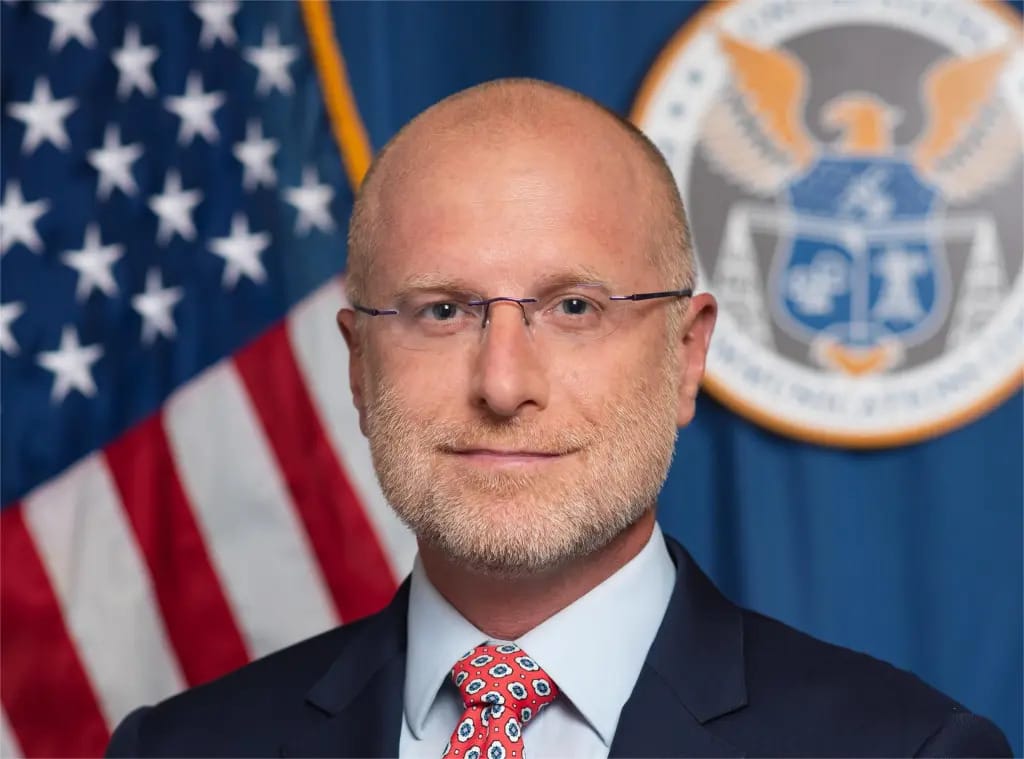
On Sept. 30, the FCC held its first public meeting since Chairman Brendan Carr temporarily ushered Jimmy Kimmel off the air. The late-night jester’s crime was telling jokes that displease the petulant authoritarian in the White House. It was also the first time that Carr faced the press corps in the customary “gaggle” after the meeting concluded.
It did not go well for Carr. Several reporters challenged the inconsistency and incoherence in his arguments and statements. Carr’s defenses were weak, and reporters remained skeptical as Carr obfuscated and evaded.
As a longtime lawyer and advocate in front of this agency, I went to the meeting to watch his performance. Carr’s wheels were spinning, from the hypocrisy in his about-face on free speech to the cognitive dissonance in his misappropriation of the FCC’s “public interest” standard.
It’s important to understand the glaring non-sequiturs in his unconstitutional attempts to “course-correct” the media and make it more favorable to the sitting president. Let’s dissect how he tried to wriggle off the hook, shirk responsibility for the Kimmel fiasco and misrepresent FCC history and the law.
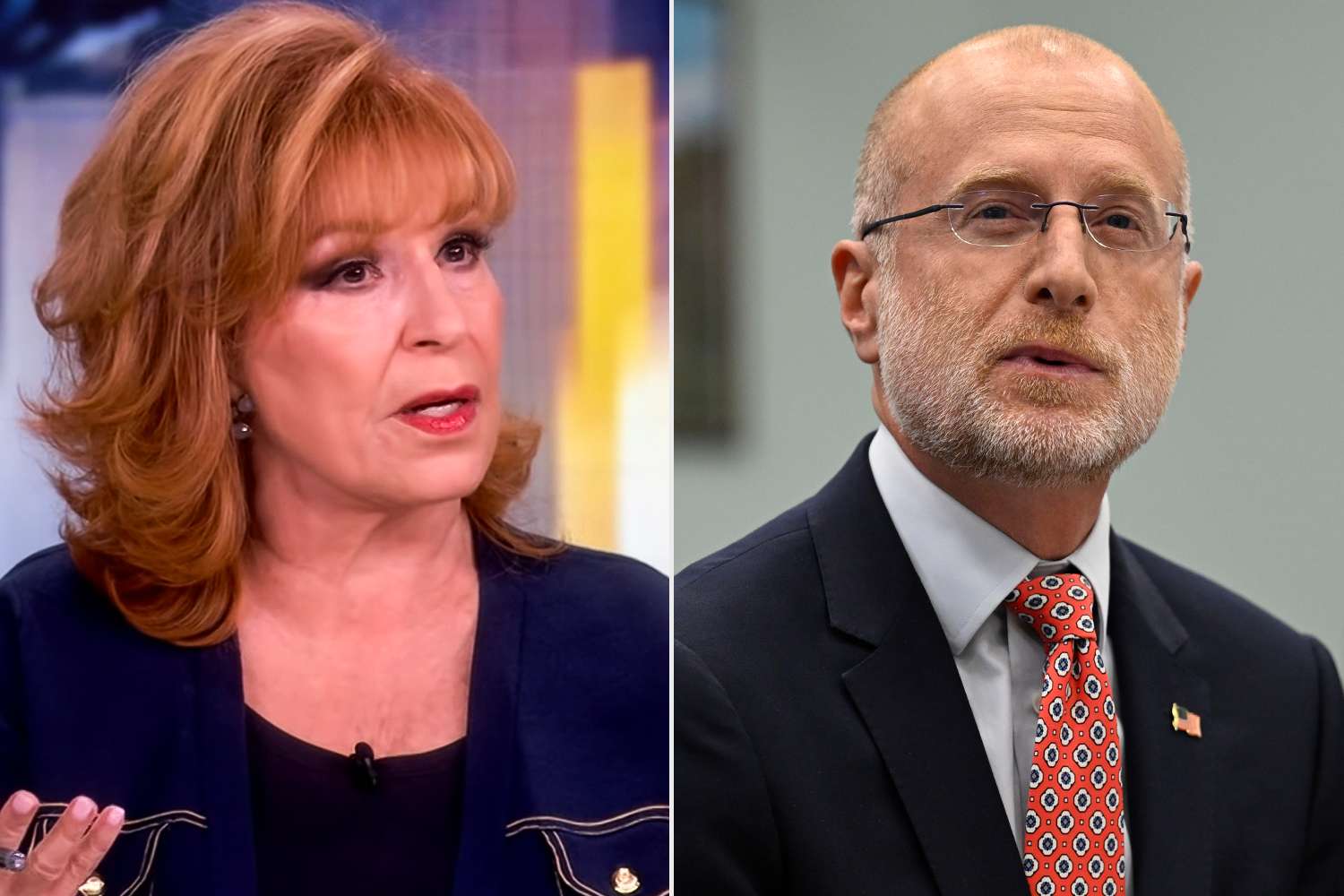
The FCC won’t let them be, but it’s so empty for DJT
It’s hard to imagine anyone less interested in the public interest and more interested in himself than the 47th president. Carr knows his main mission is to serve Donald Trump’s ego. So he’s trying to recast broadcasters’ duty to serve the “public interest” into an unconstitutional shield for the fragile president’s feelings, making the FCC into the satire cops in the process.
Carr isn’t hiding his hypocrisy well. In 2020, he tweeted: “Political satire is one of the oldest and most important forms of free speech.” He was defending a conservative outlet then, but now we can see that his supposed free-speech principles were strictly partisan.
Political satire is one of the oldest and most important forms of free speech.
— Brendan Carr (@BrendanCarrFCC) February 21, 2020
It challenges those in power while using humor to draw more people in to the discussion.
Equating this type of political speech with doctored deepfakes or illegal content is a serious mistake. pic.twitter.com/ZN2zSmvpIg
Today, he claims that airing comedians’ opinions about Trump violates the public-interest standard. This is the same Carr who proclaimed back in 2019 that this standard was not a “roving mandate to police speech.” His comment stemmed from a Democratic commissioner’s proposal to expand an existing law prohibiting tobacco ads on TV and radio to also ban e-cigarette ads.
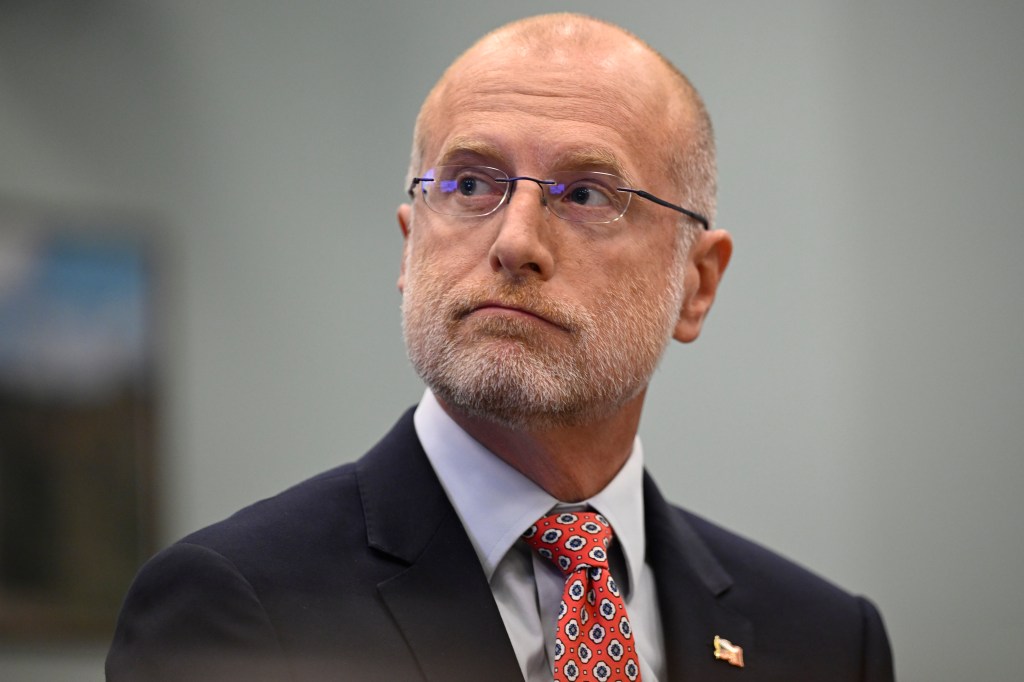
At the press conference, Deadline reporter Ted Johnson asked about this quote. Carr tried to laugh off the comparison, foolishly claiming that government disapproval of jokes about the president are “not at all” policing speech.
Watch the deception in Carr’s nervous answer. He distinguished between TV and social media. He said (correctly) that local-broadcast stations are licensed by the FCC, while internet platforms aren’t. Then he rattled off a few broadcast-licensee public-interest obligations, like the FCC’s news-distortion doctrine and rule against broadcast hoaxes.
This is nonsense in the context of Carr previously defending vaping ads on broadcast television. His sleight-of-hand about social-media companies was a trick to distract from the fact that his poorly aged tweet was definitely about speech on stations the FCC licenses.
Don’t threaten me with a good time
Carr tied himself in knots at the press conference, saying to Bloomberg’s Kelcee Griffis that he wants to empower “local” broadcasters against national networks like ABC.
It’s true that ABC — the Disney-owned television network that distributes Jimmy Kimmel’s program to its affiliates — doesn’t have or need an FCC license for those functions. It’s confusing, too, because networks also hold licenses for local affiliates in certain cities. The networks’ owned-and-operated stations are typically in the biggest markets. For example, Disney owns not only the ABC network, but also local ABC stations in places like Chicago, Los Angeles and New York, as well as Houston, Philadelphia and San Francisco.
It makes some twisted sense to threaten those licenses — at least if your aim is to chill speech and a free press, all to benefit a particular president or political party. That’s what Carr did with a flimsy “news distortion” complaint against WCBS, the CBS-owned New York City affiliate. That was the only way for the FCC to go after the network in pursuit of phony charges against 60 Minutes for its perfectly standard editing of an interview with then-Vice President Kamala Harris.
Yet Carr said he’s reviving this doctrine because he wants local stations that giant conglomerates like Nexstar and Sinclair own to “push back on the national programmers when they decide that the programming doesn't meet their assessment of the public interest needs in that particular community.”
Carr correctly says these FCC rules apply only to licensed local stations. He says his goal is to empower them against networks and studios in New York and Hollywood. How? By threatening the stations with FCC repercussions if they air viewpoints Trump hates.
Think about it. Conglomerates like Nexstar and Sinclair have no control over what Kimmel says on his show. Yet Carr claims he’s going to “empower” these companies by threatening them with “news distortion” complaints for shows they don’t produce. It makes zero sense.
One conglomeration, under Trump
Carr’s rosy description of these companies is also ridiculous. His vaunted “local” stations are media giants, too. They just happen to be ones that Carr likes, and that more frequently line up to support Trump’s views (at least before abject capitulation became the norm for supposedly liberal networks, studios, and Silicon Valley billionaires too).

Nexstar and Sinclair are local stations the same way that CVS is a local pharmacy: There’s little local control or editorial independence for broadcasting chains’ employees at stations around the country. Yet Carr wants to pretend otherwise while strengthening these big companies’ grip and fattening their wallets.
On the agenda for the FCC’s meeting was an item euphemistically dedicated to “Modernizing Broadcast Ownership Rules.” Carr’s FCC is not just looking for ways to ignore the cap Congress placed on the nationwide reach of any TV-station chain; it also wants to abandon the few limits left on how many stations those chains can own in any given media market.
Bloomberg’s Griffis pointed out that it wasn’t local-station managers or news directors who made the call on Kimmel. It was executives at Nexstar and Sinclair, who between them will own or control 450 stations across the country if Nexstar’s acquisition of mega-broadcaster TEGNA gets Carr’s approval. The super-sized Nexstar would control up to four stations in 132 different media markets across the country, with Sinclair operating in 85 markets itself.
It’s laughable for Carr to pretend these behemoths speak for the viewers in communities like Seattle or Washington, D.C., where Sinclair owns ABC affiliates that dumped Kimmel.
Antisocial distortions
Carr’s final trick at September’s FCC meeting was to dig in on using seldom-invoked tools like the FCC’s news-distortion doctrine and its broadcast-hoax rule. It’s hard to treat these topics adequately here. You could write a whole law review article on them. And Free Press joined with TechFreedom and a wide swath of organizations, scholars and litigators across the political spectrum to analyze Carr’s bad legal claims.
These doctrines are indeed in the FCC’s toolbox. Advocates and scholars might differ on their current utility. But what’s beyond dispute is that the FCC rarely uses them. There is an incredibly high bar for finding broadcasters liable under the tests for news distortion and broadcast hoaxes. And these rules and precedents apply only to local stations — not to networks, movie studios, tech platforms or the other media companies subject to Carr’s smirking ire.
Carr’s latest threats against ABC continue to stretch these doctrines beyond their breaking point. To find that a local station engaged in distortion or a hoax, the agency would require extrinsic evidence that the station intentionally and knowingly distorted news events or knowingly broadcast information that caused “substantial public harm.” If that sounds different from Kimmel’s jokes or 60 Minutes’ interview editing, it is. And it wasn’t local affiliates making these programming decisions. Yet Carr claims threatening them with FCC enforcement lets them “push back” on networks.
Carr’s actions are a naked partisan play to protect Trump’s views and ego. They are not a principled defense of free speech and a free press or a return to the public-interest obligations he rediscovered after Republican commissioners discarded and downplayed them for decades.
Shifting the blame
At the press conference, Carr meekly told The Guardian’s Jeremy Barr that it’s really Democrats who look to censor local stations, citing a letter from Senate Democrats about Sinclair’s infamous ploy in 2018 to make news anchors at its stations around the country parrot the same exact script.
Carr fumbled through feigned shock that no one is still talking about this stray letter from seven years ago instead of his recent escapades. However egregious Sinclair’s conduct was from a journalistic-independence standpoint, it wasn’t news distortion. Just like Kimmel’s joke wasn’t. And the big difference between then and now? Carr’s Republican predecessor, Ajit Pai, responded to that inquiry by declining to investigate Sinclair over its cookie-cutter news copy.
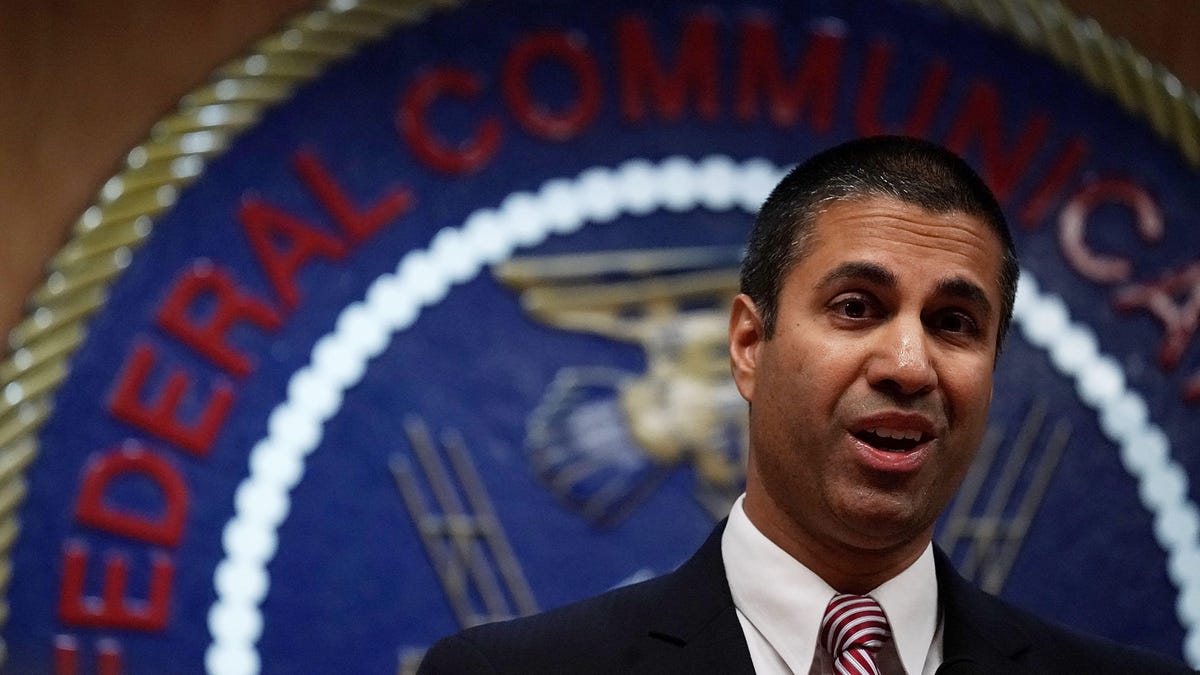
So Trump’s first-term FCC chairman declined to indulge such requests. Carr has no such compunction. He danced and deflected all throughout his press conference, with a fast-talking barrage of “I know you are, but what am I?” rationalizations and false equivalences.
The blame-shifting didn’t work. Carr had no answers when reporters from The New York Times, Punchbowl and Reuters asked about the withering criticism of his censorship schemes from past GOP commissioners and even from Ted Cruz — the chief Republican and chair of the Senate Commerce Committee that oversees the FCC. He spun back into his talking points about Democrats, then suggested his threats had been taken out of context.
There’s been reporting that Carr will be called before Cruz’s committee later this fall. Hopefully, the censorship czar will be less able to sidestep cross-examination on this topic.
All of Carr’s equivocating and waffling can’t hide the reality that he’s abused his power and lost the public trust in a sad attempt to stay in Trump’s fickle good graces. That’s why Free Press, Public Citizen and dozens of other public-interest organizations, along with many members of Congress, have already called on Carr to resign.
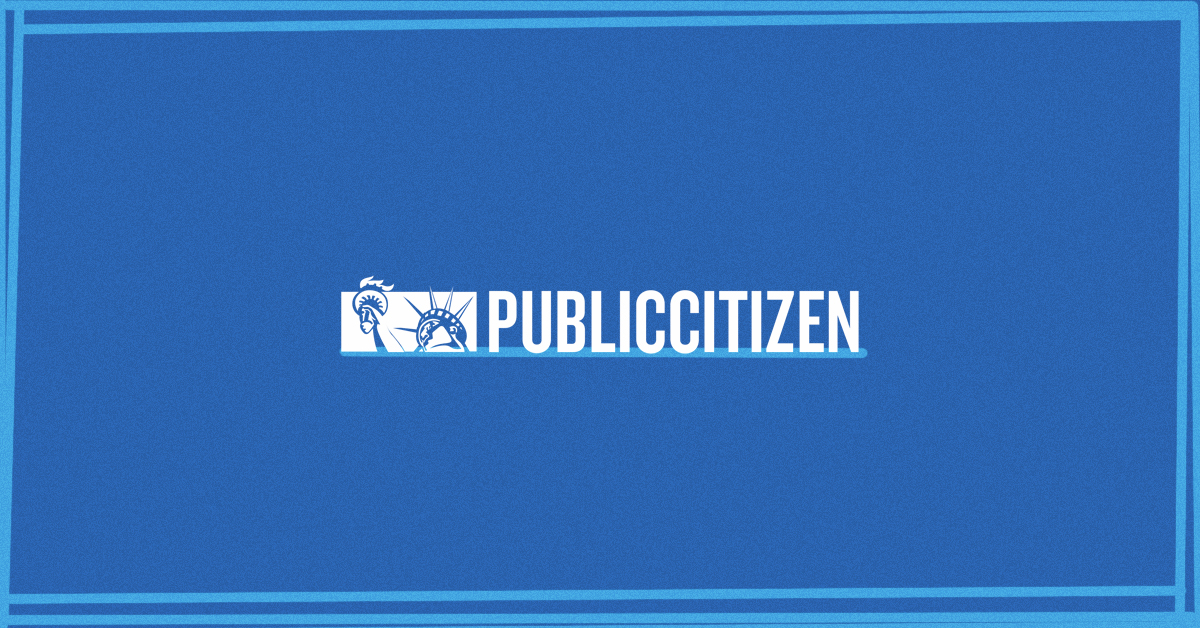
We’ve heard enough excuses about this scandal. It’s time for Carr to go.
Updates and highlights curated by the Pressing Issues team
Teamwork
Free Press’ Jenna Ruddock writes for Tech Policy Press about how “the Trump administration has set its sights on anyone monitoring its expanding immigration enforcement operations, and it’s turning to major tech companies to help.”
“It’s hard to see how crowdsourcing information on ICE operations is easily distinguishable from live reporting — an activity explicitly protected by the First Amendment,” they write. “But it doesn’t seem like the Trump administration has any interest in making that distinction as it moves to ban and chill traditional media reporting on the topic, too.
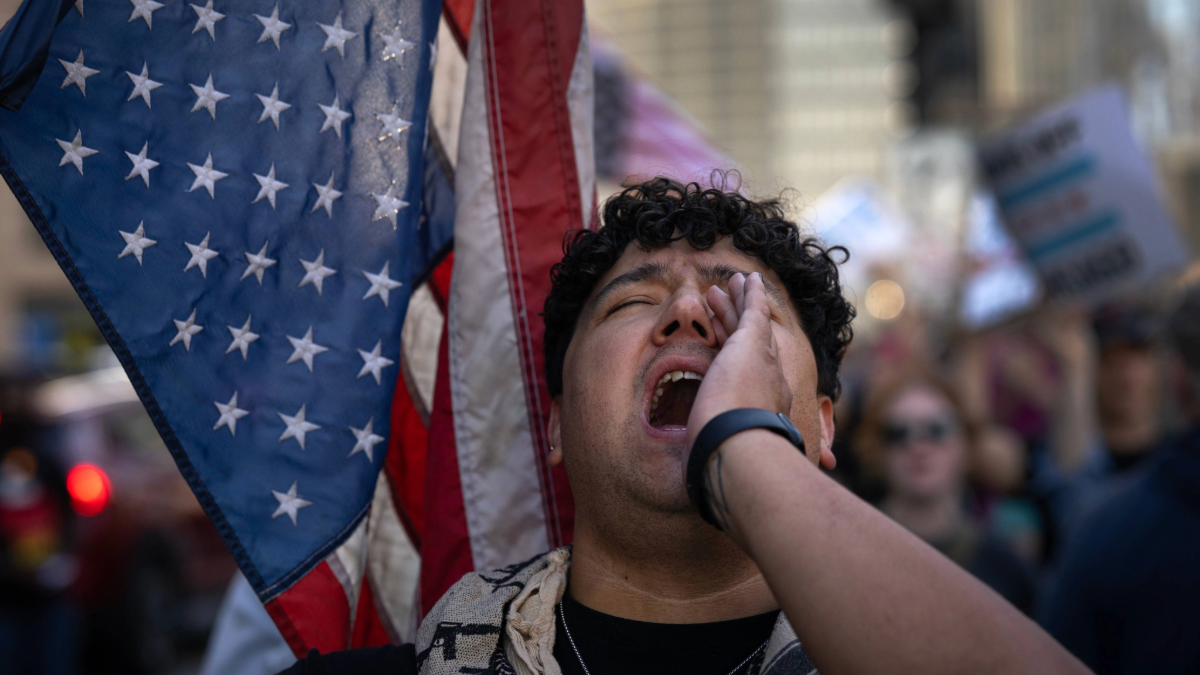
Good news, for a change
Current reports that New Mexico Gov. Michelle Lujan Grisham signed bills on Oct. 3 that included $6 million in emergency funding for the state’s public-media organizations to make up for funds lost when Congress killed the Corporation for Public Broadcasting.
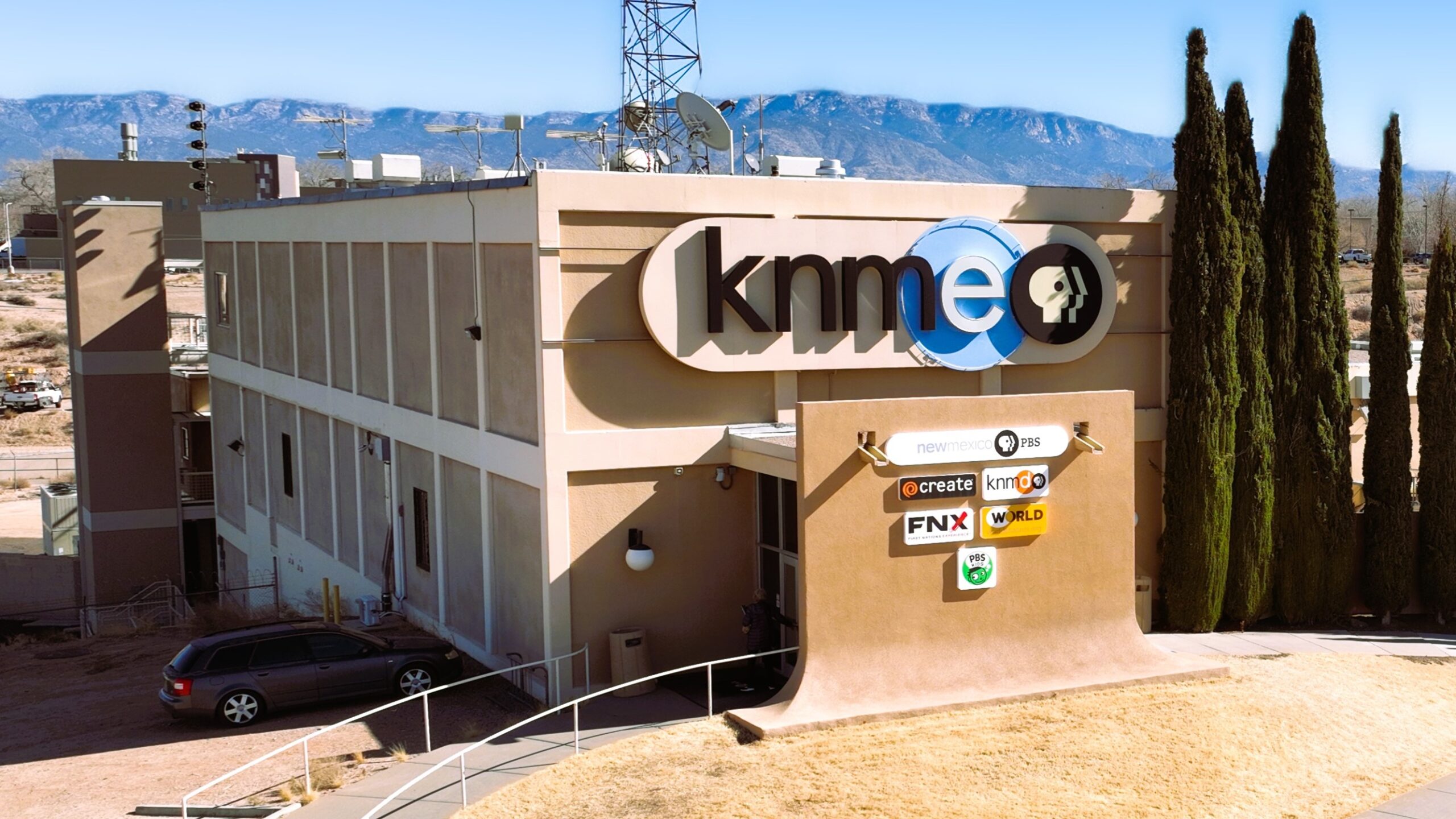
New Mexico is leading the way, and other state leaders should take notice. It’s great to see lawmakers stepping up so quickly to ensure vital local outlets don’t disappear.
We shouldn’t stop here. Policymakers have a larger opportunity to expand public support for all noncommercial media — not just broadcasters but local newsrooms, documentary filmmakers and community-media makers, too.
Let’s start building what communities need to stay informed and sustain our democracy.
The kicker
The definitive guide as to why Free Press is not Bari Weiss’ The Free Press.
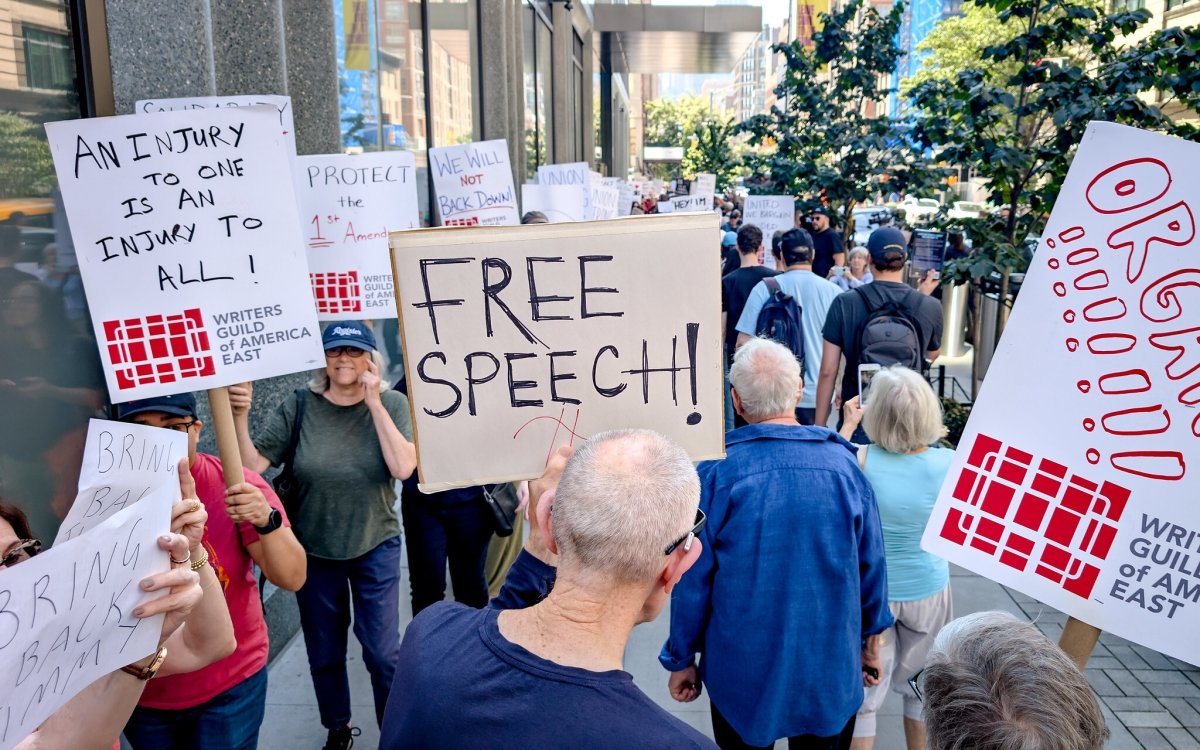
About the author
Matt Wood is Free Press’ vice president of policy and general counsel. He leads efforts to protect the open internet, prevent media concentration, promote affordable broadband deployment and safeguard press freedom. Follow him on Bluesky.
